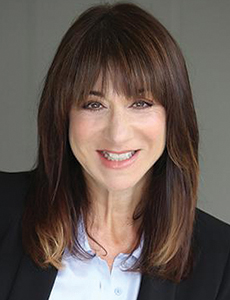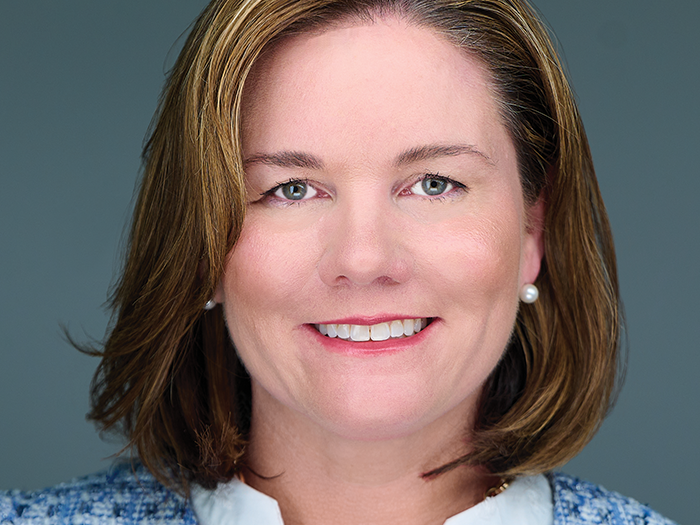Specialty Insurance
Three Things to Know About EPLI

With high-profile sexual harassment claims dominating today’s headlines, employers and their risk managers might want to take another look at their employment practices liability insurance (EPLI) — or lack thereof.
EPLI provides a defense against employment violations committed by employers and/or their employees, including sexual harassment, discrimination and wrongful termination.
“It’s important for employers to know that EPLI is one: available; two: affordable; and three: a policy costs less than a legal defense,” said Victoria Stone, senior vice president, Poms & Associates.
“Irrespective of the validity of an allegation, it behooves employers to have a policy to provide for a defense, as well as a judgment,” Stone said. Client attitudes vary, but overall, they are begrudgingly receptive to such a policy.
“Some employers do resent having to pay for this type of policy,” Stone said. “My clients aspire to do the best they can. They are good people and good to their employees. But I recommend that they have EPLI, because these cases can be expensive to defend, even if you’ve got excellent documentation.”
Of course, having EPLI is not enough. Employers must work to create a culture where sexual harassment — or discrimination of any kind — is not acceptable. This includes providing training and education to employees, creating policies regarding behavior and reporting and making sure victims or witnesses know it’s safe to speak up.
As movements against sexual harassment gain momentum, some question whether EPLI negates corporate America’s motivation to change the culture that breeds abuse. Stone however, doesn’t consider that an issue. “It’s great to have insurance, but you don’t want to use it,” she said. “We want to help employers develop practices that prevent claims from arising; the goal is to keep this from happening.”
That prevention mindset is shared by Marie-France Gelot, SVP, insurance and claims counsel, Lockton Northeast, who believes a cultural shift is what’s needed.
“There needs to be a full overhaul of corporate culture,” she said. “This issue must be on the agenda of every corporate board. It starts at the top, at the board level and within the C-suite. Then legal, human resources and risk management must all be on board,” she added.
Calling for strong leadership and substance over form, Gelot said that the time for harassment-free workplaces has come, and those who do not act will damage their brands, reputations and ability to attract good talent.
“It’s time for the #WeToo movement,” she said. “I call it that because ‘we’ in corporate America must stand up and say, ‘We do not condone sexual harassment,’ ” she said. “Companies must truly commit to change; they must put their money where their mouth is and create a zero-tolerance culture,” she added. “We must take away the fear and stigma.” &











